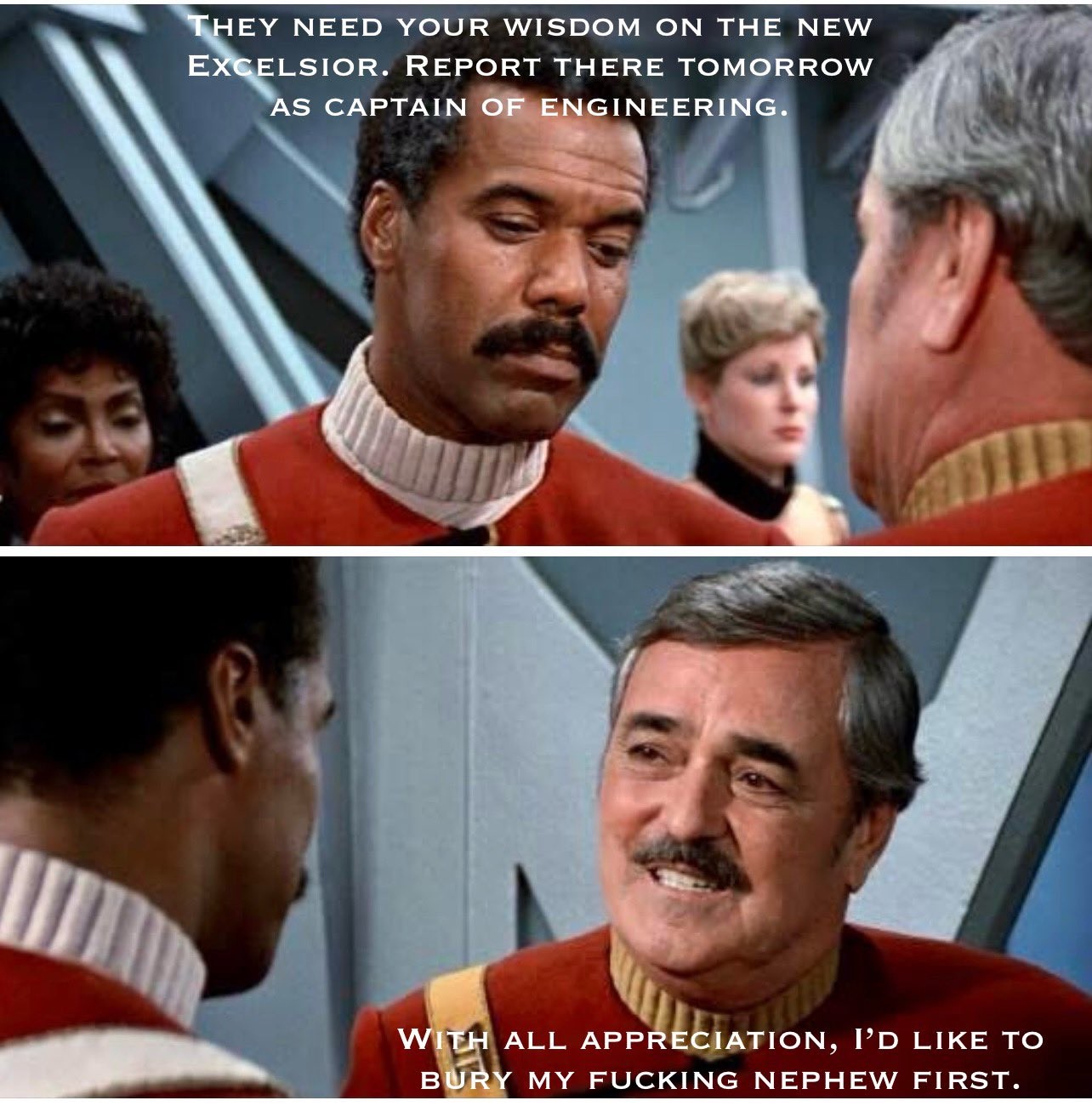50501
942 readers1 users here now
50501 is a nationwide movement of Americans standing for democracy and against the GOP Administration's undemocratic vices by protesting across 50 states to demand upholding the Constitution and ending executive overreach
Rules
I. Non-Violent / Inclusive
We must center safety while maintaining message clarity. No racism, sexism, violence, derogatory language, hate speech, personal attacks, homophobia, ageism, or other type of disparaging remarks that are abusive in nature. Attacks specifically against marginalized or vulnerable groups will not be tolerated. Violations of this rule may be met with temporary or permanent bans at moderator discretion.
II. Protect Your Information
It is imperative you guard your personal info. Any personal info will be removed to protect you!
III. Maintain Integrity
No misinformation, spam, trolling, etc. Swift removal/ban when detected. Let's keep it clean and fact-proven! Discuss relevant topics in appropriate communities.
IV. No AI or Bots
Only allowed bot is 50501. No other AI or bots are allowed here.
V. Follow Platform Rules
Abide by the platform rules as stated in the Lemmy CoC.
Alternative Themes
Local Communities
State Communities
Rep Community Mod Request
- Email:
community(at)50501.chat
Community List | Organizers
- Washington DC
- Alabama
- Alaska
- Arizona
- Arkansas
- California
- Colorado
- Connecticut
- Delaware
- Florida
- Georgia
- Hawaii
- Idaho
- llinois
- Indiana
- Iowa
- Kansas
- Kentucky
- Louisiana
- Maine
- Maryland | Athena
- Massachusetts
- Michigan
- Minnesota | Zach
- Mississippi
- Missouri
- Montana
- Nebraska
- Nevada | Eden
- New Hampshire
- New Jersey
- New Mexico
- New York
- North Carolina | Dawn
- North Dakota
- Ohio
- Oklahoma
- Oregon
- Pennsylvania
- Rhode Island
- South Carolina
- South Dakota
- Tennessee
- Texas
- Utah
- Vermont
- Virginia
- Washington
- West Virginia
- Wisconsin
- Wyoming

















